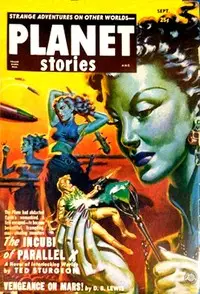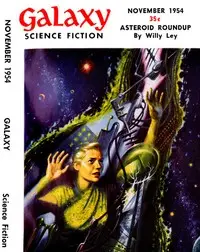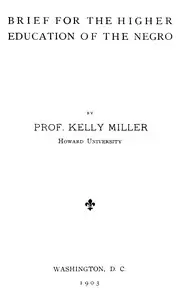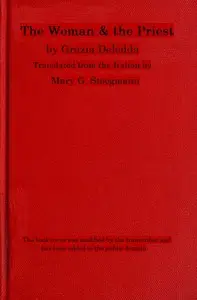"The Decline of the West: Volume 1, Form and Actuality" by Oswald Spengler is a philosophical treatise on history, likely written in the early 20th century. The work introduces a novel approach to understanding historical developments, positioning itself against traditional narratives of a linear progression of civilizations, particularly that of Western culture. Spengler's central thesis revolves around the idea that cultures, much like living organisms, go through cyclical phases of birth, maturity, decline, and death. The opening of the book sets the scene for an ambitious inquiry into the nature of culture and history. Spengler poses significant philosophical questions regarding the existence of underlying structures in world history, seeking to establish a "morphology of world-history." He contrasts this with existing historical narratives, arguing for a viewpoint that sees cultures as organic entities, each with its own life cycle. This introduction establishes the groundwork for exploring how the Western Culture stands at a critical juncture, drawing parallels to past cultures while contending with its own inevitable decline. Through his exploration, Spengler invites readers to reconsider their perspectives on history and the lessons that can be drawn from studying different cultures and their trajectories. (This is an automatically generated summary.)
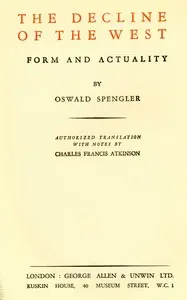
The decline of the West : $b Volume 1, Form and actuality
By Oswald Spengler
"The Decline of the West: Volume 1, Form and Actuality" by Oswald Spengler is a philosophical treatise on history, likely written in the early 20th ce...
Genres
Released
2023-12-06
Formats
epub3 (images)
epub (images)
epub
mobi (images)
Free Download
Overview
About the Author
Oswald Arnold Gottfried Spengler was a German polymath whose areas of interest included history, philosophy, mathematics, science, and art, as well as their relation to his organic theory of history. He is best known for his two-volume work The Decline of the West, published in 1918 and 1922, covering human history. Spengler's model of history postulates that human cultures and civilizations are akin to biological entities, each with a limited, predictable, and deterministic lifespan.
Total Reviews
10.0k
Total reviews from Goodreads may change


